The G7's common mechanism will prevent countries from using their economic influence to put pressure on others, which is seen as aimed at countering China.
In a statement on its website on May 19, the British government said that G7 leaders expect to reach an agreement to create a new mechanism called the G7 Cooperation Platform on Economic Coercion. This mechanism "will address the use of coercive economic measures to interfere in other countries' affairs."
The British government cited China as an example of using its economic influence to "put pressure on countries like Australia and Lithuania in political disputes". British Prime Minister Rishi Sunak will open a session on economic security at the G7 Summit in Hiroshima, Japan today.
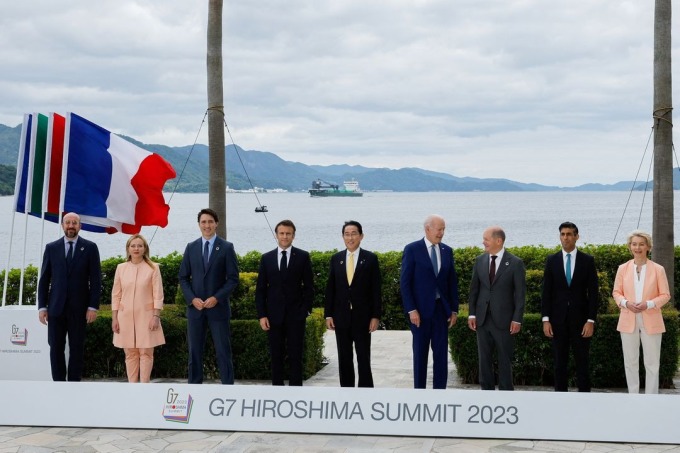
EU and G7 leaders in Hiroshima on May 20. Photo: Reuters
The new mechanism will allow G7 countries to coordinate to deal with a range of actions, including trade and investment restrictions, boycotts, and threats such as cyber attacks. However, it does not mean that the G7 will respond automatically in these cases.
Bloomberg previously reported that the G7 countries wanted to send a message to Beijing this month by launching a joint mechanism to counter “economic bullying.” “We should be clear about the challenges we face,” Mr. Sunak said.
While the G7 countries want to coordinate their response to China’s economic policies, announcing actual measures is much more complicated, Bloomberg sources said. Japan, the current chair of the G7, is pushing for efforts to diversify supply chains and reduce dependence on Beijing. However, the G7 is divided on how much to take against the world’s second-largest economy, as restricting trade with China would hurt export-dependent countries like Germany and Japan.
China has consistently denied accusations of “economic coercion.” In a diplomatic note this week, it accused the United States of bullying other countries and starting trade wars.
Ha Thu (according to Bloomberg)
Source link


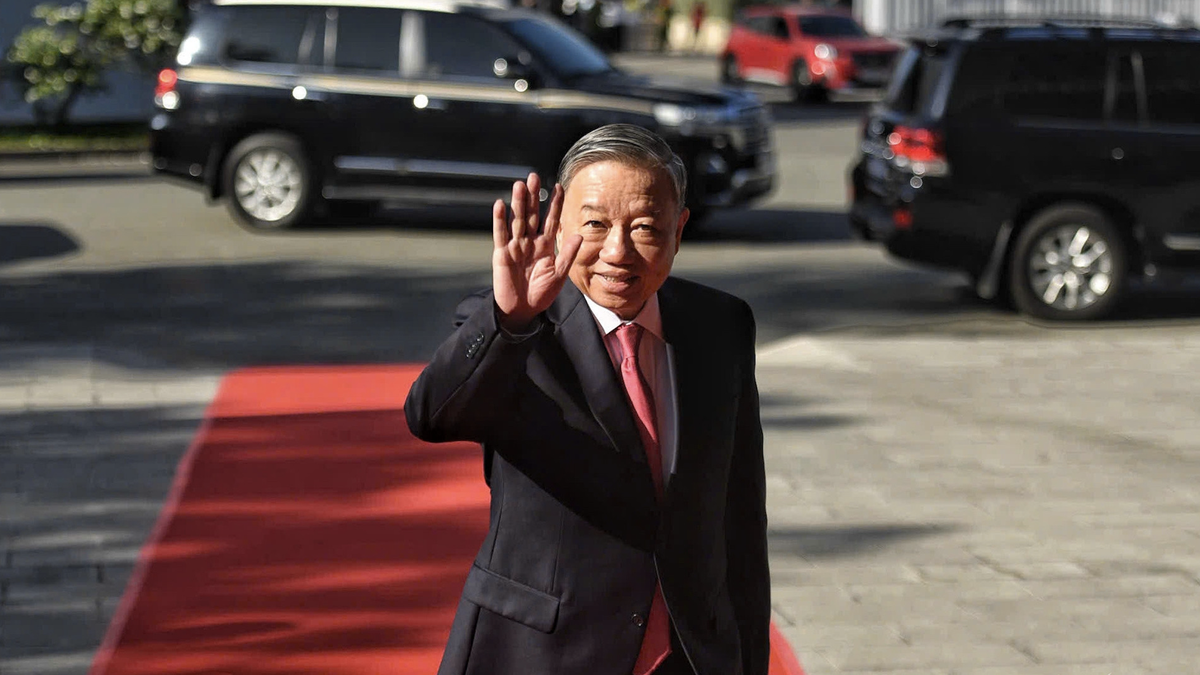




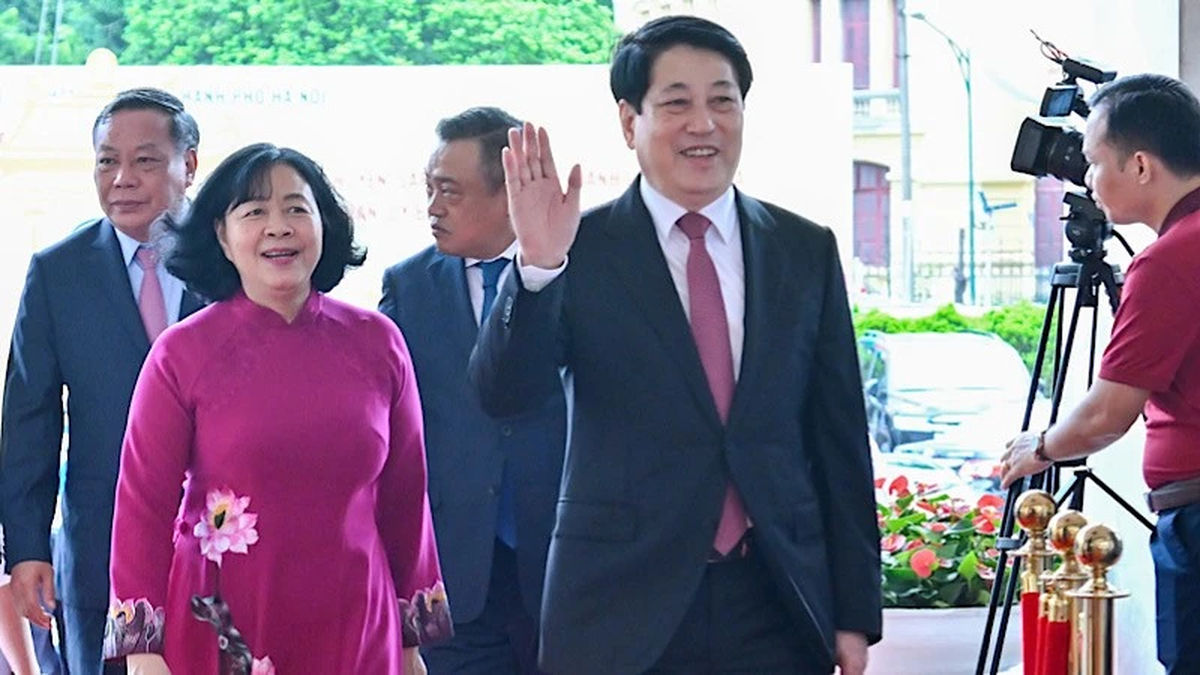
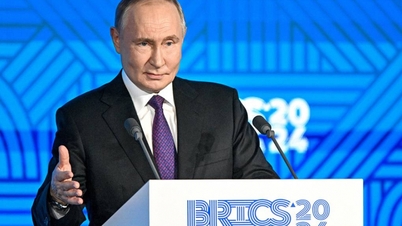



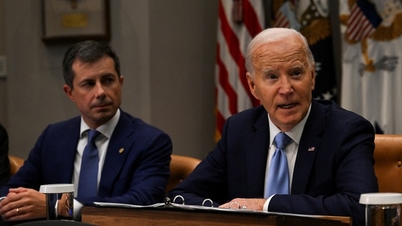








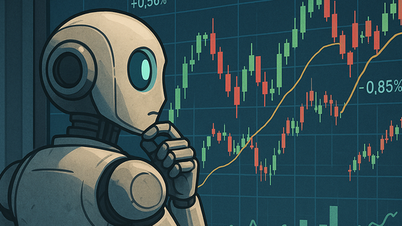






































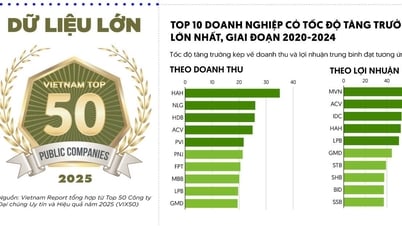



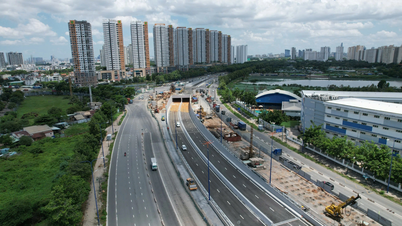

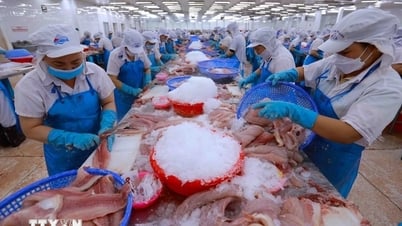








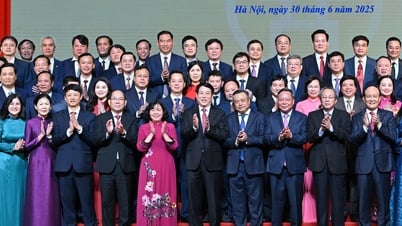









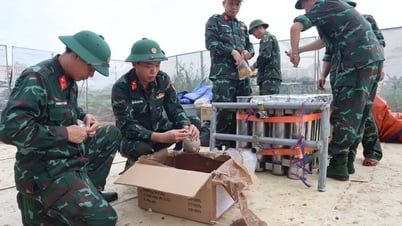

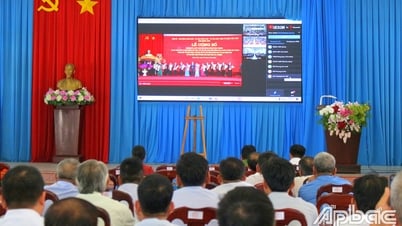


















Comment (0)